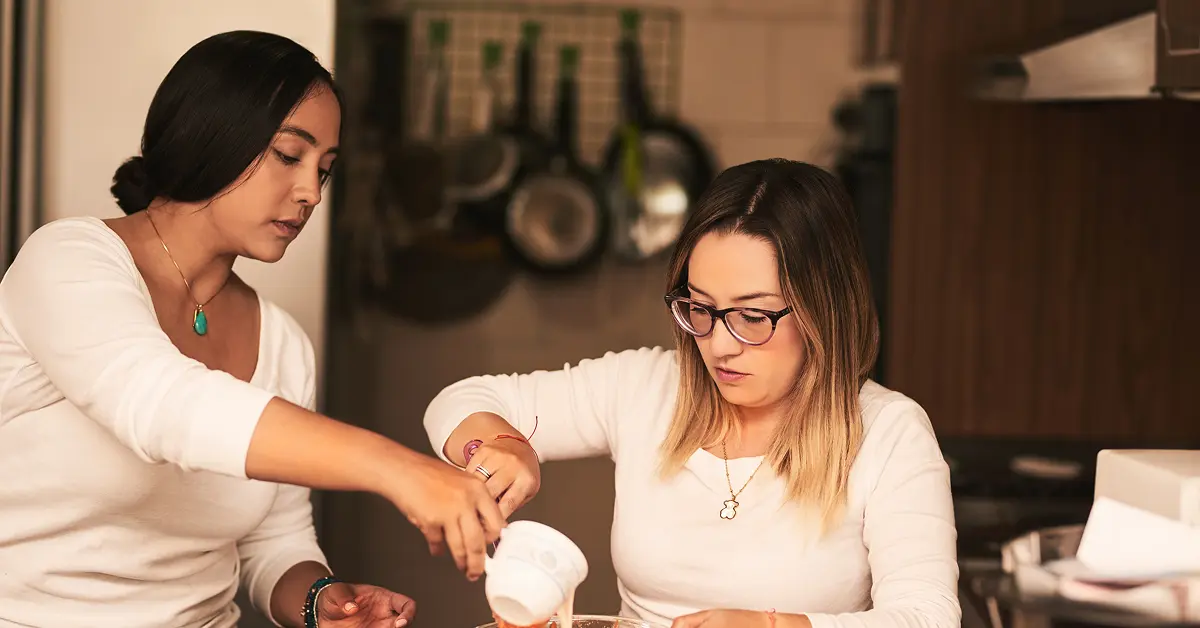Caring for elderly family members is a task that demands not only physical assistance but also emotional sensitivity, patience, and professional knowledge. Expert caregivers play a critical role in ensuring that elders receive high-quality care in the comfort of their homes. Their approach goes far beyond just helping with meals and medications. It involves personalised strategies designed to improve comfort, dignity, and the overall well-being of seniors.
In this article, we take a deep dive into the step-by-step process that professional caregivers follow to ensure a safe, comforting, and enriching environment for elderly individuals in Indian households.
Step 1: Initial Assessment and Personalised Care Plan
The first and most important step expert caregivers take is conducting a thorough assessment of the senior’s physical, emotional, and medical needs. This includes:
- Health history review
- Understanding mobility limitations
- Medication requirements
- Dietary preferences and restrictions
- Emotional and mental health check
Once the evaluation is complete, a personalised care plan is created. This care plan acts as a blueprint and is continuously updated based on the senior’s evolving condition.
Step 2: Creating a Comfortable Living Environment
Comfort starts with the environment. Caregivers focus on modifying the home layout for safety and accessibility:
- Removing rugs and clutter to prevent falls
- Installing handrails in bathrooms
- Adjusting bed height and using anti-slip mats
- Ensuring adequate lighting throughout the house
Step 3: Establishing a Consistent Daily Routine
Routine gives elderly people a sense of structure and stability. Professional caregivers set up a predictable daily schedule that includes:
- Wake-up and bedtime routines
- Fixed meal timings
- Medication reminders
- Daily hygiene tasks
- Entertainment and relaxation slots
Step 4: Ensuring Proper Nutrition and Hydration
Comfort isn’t just about surroundings — it's also about internal well-being. Expert caregivers focus heavily on:
- Preparing balanced, nutritious meals
- Monitoring food intake
- Offering frequent water breaks
- Adapting meals based on the patient’s preferences or medical conditions
Step 5: Emotional Support and Companionship
Loneliness is a hidden pain among many Indian elderly individuals. Caregivers act as companions and emotional anchors. They:
- Engage in regular conversation
- Encourage sharing of stories and past experiences
- Introduce memory games or storytelling
- Celebrate festivals and birthdays
- Facilitate video calls with family
Step 6: Medication Management and Health Monitoring
Caregivers ensure that medications are taken on time and in the correct dosage. They:
- Maintain a medicine chart
- Check for possible side effects
- Monitor vital signs like blood pressure, sugar levels, and pulse
- Coordinate with doctors for routine check-ups
Step 7: Personal Hygiene and Grooming
Good hygiene enhances comfort and self-esteem. Caregivers assist with:
- Bathing and dressing
- Oral care and nail trimming
- Changing clothes and bed linens regularly
- Applying moisturisers and lotions to prevent dry skin
Step 8: Pain Management and Physical Comfort
For patients recovering from surgeries or suffering from chronic conditions like arthritis, pain management is key. Caregivers:
- Administer pain-relief medicines as prescribed
- Use hot/cold compress therapy
- Adjust pillows and support cushions
- Help with gentle stretches or physiotherapy routines
- Encourage comfortable sleeping postures
Step 9: Encouraging Mobility and Light Activity
Sedentary life leads to stiffness and muscle weakness. Caregivers promote light movement through:
- Morning or evening walks
- Chair yoga or light stretching
- Gentle household participation, if possible
- Encouragement to sit in sunlight for vitamin D
Step 10: Emergency Preparedness
An expert caregiver always plans for the unexpected. They are trained in:
- Basic first aid and CPR
- Emergency contact protocols
- Handling falls or sudden illness
- Safely transporting the senior to a hospital, if needed
Step 11: Regular Feedback and Communication with Family
Open communication between the caregiver and the family ensures transparency. Caregivers:
- Provide regular updates about the senior’s health and mood
- Discuss any noticeable changes in behaviour or condition
- Adjust the care plan based on feedback from family
- Maintain a care log or digital report, if required
Conclusion
Caring for an elder is not just about meeting basic needs — it's about creating a nurturing, respectful, and emotionally fulfilling environment. Professional caregivers in India are increasingly trained to provide this kind of holistic support. By following a structured approach, they make a significant difference in the comfort and happiness of seniors.
Families looking for such support should ensure that their chosen caregivers follow these detailed steps. After all, elder care is not a service — it’s a promise of dignity and love.
Contents
- Step 1: Initial Assessment and Personalised Care Plan
- Step 2: Creating a Comfortable Living Environment
- Step 3: Establishing a Consistent Daily Routine
- Step 4: Ensuring Proper Nutrition and Hydration
- Step 5: Emotional Support and Companionship
- Step 6: Medication Management and Health Monitoring
- Step 7: Personal Hygiene and Grooming
- Step 8: Pain Management and Physical Comfort
- Step 9: Encouraging Mobility and Light Activity
- Step 10: Emergency Preparedness
- Step 11: Regular Feedback and Communication with Family
- Conclusion
Our 24*7 services
Latest Posts
- What Is Respite Care and Why Is It Important
- Affordable home care for senior citizens in India
- Caring for Seniors with Dementia or Alzheimer's at Home
- Senior Caregiving A Guide for Every Family
- How to Write a Caregiver Resume That Gets You Hired
- How Care After Hospital Discharge Speeds Up Recovery at Home
- How to Get Home Health Care for Seniors Through Medicare
- What Does a Senior Citizen Caregiver Really Do at Home
- How to Care for Elderly Parents with Alzheimer’s or Dementia
- How to Get 24-Hour Care for Seniors at Home



